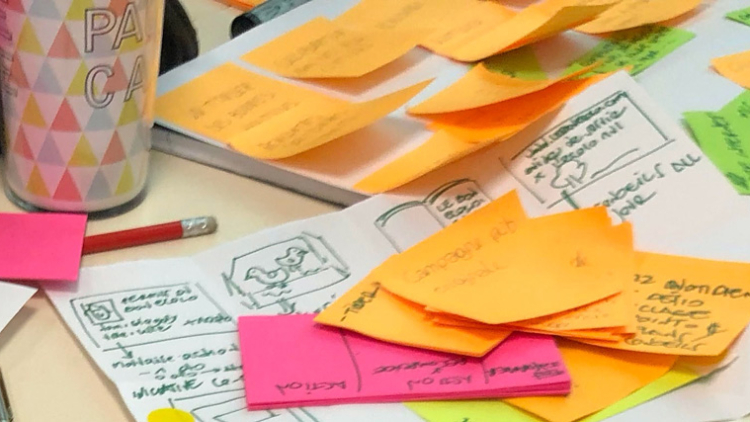Living Labs
A living lab is a collaborative innovation laboratory whose objective is to develop tools and strategies to tackle real problems in the environment.
Living labs follow an innovative methodology, with citizen participation as a key element of the process. They are based on co-creation for the development of new products and services, and involve all the agents involved in the system, among which the users occupy a central place, as they have valuable knowledge of the challenges and needs of the community that need to be incorporated into the research.
Barcelona CaixaResearch Living Lab
The Department of Science and Innovation manages the Barcelona CaixaResearch Living Lab programme, an initiative promoted by Barcelona City Council and the "la Caixa" Foundation, together with the Barcelona Institute for Global Health (ISGlobal) and the Institute for AIDS Research (IrsiCaixa), to define, together with the public, research priorities in various areas of health.
The Barcelona CaixaResearchLiving Lab aims to generate scientific knowledge through research and innovation in various urban challenges in Barcelona, with co-creation generated between the scientific and social fabric, public administrations and private entities in the city.
The projects
The Barcelona CaixaResearch Living Lab has a total funding of 300,000 euros and a duration of four years.
The programme began in 2019 and runs until 31 December 2022. It currently consists of six projects:


